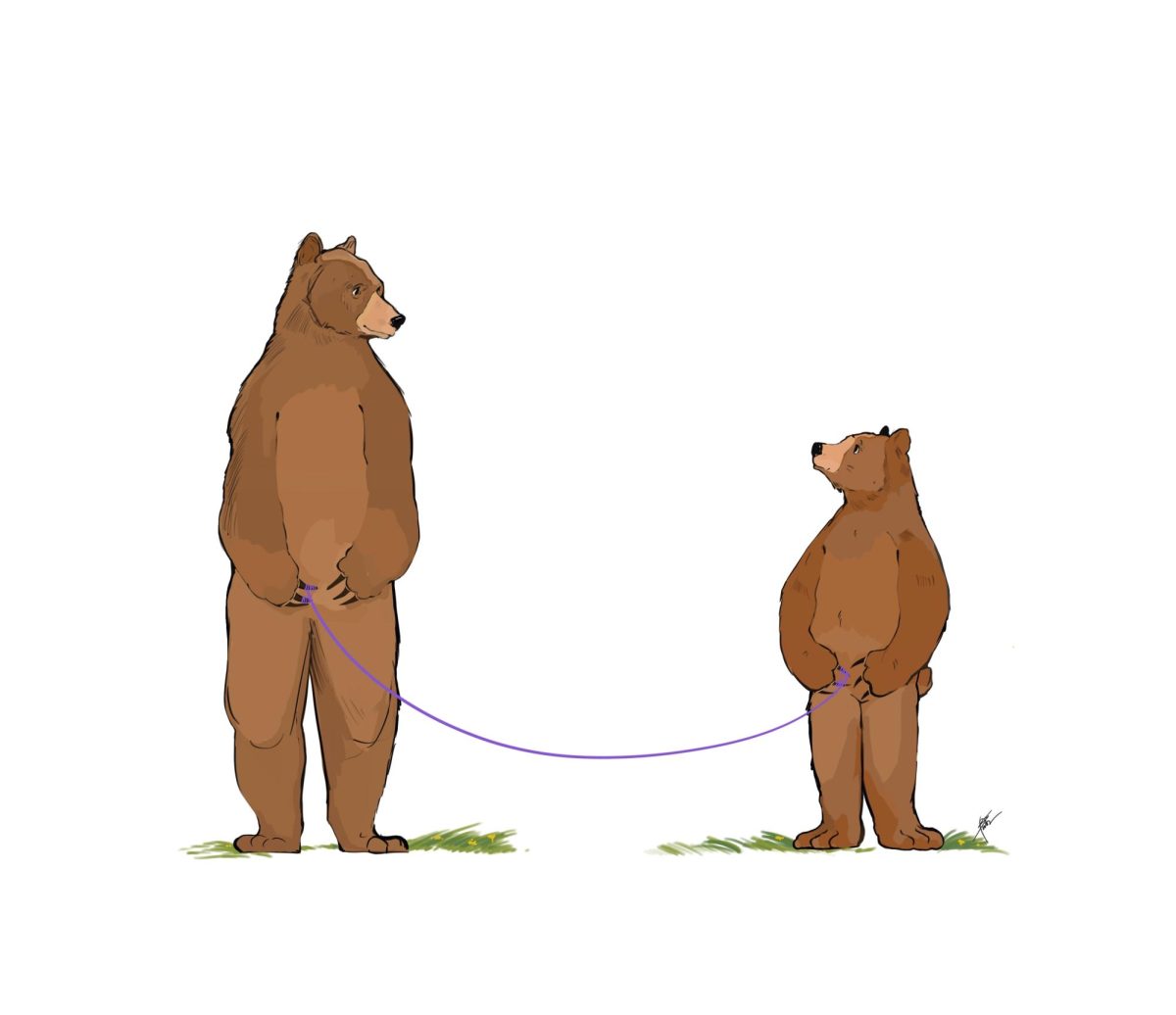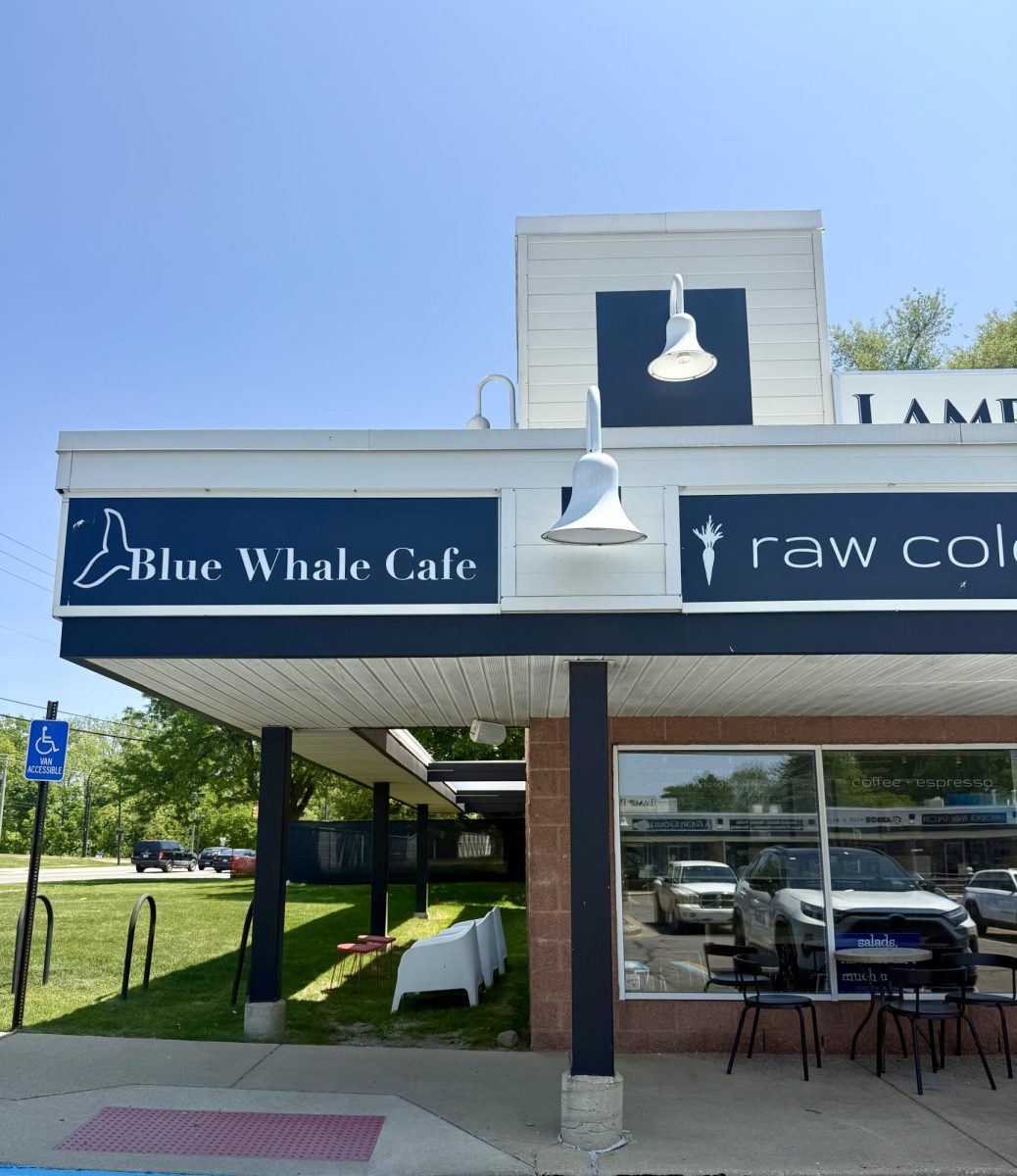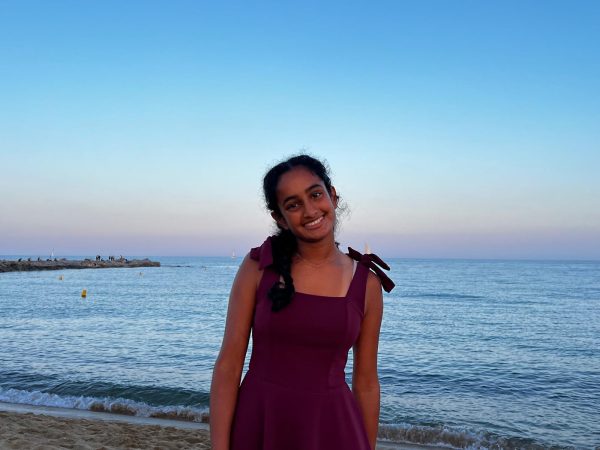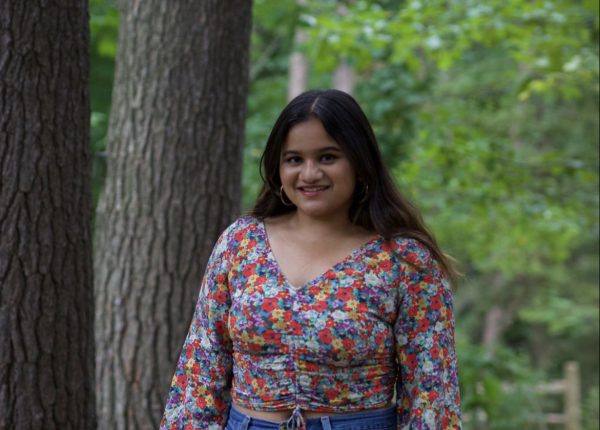My Grandmama arrived in Quebec in the middle of January with sandals on. She had never seen snow before. Her saree exposed her stomach while her accent exposed her origin. She attempted to use public transportation and in the process spent the seven dollars she had to her name. Surrounded by a language she had never spoken, people she had never seen and a map she didn’t know how to navigate, the nerves ate her from the inside out. I, Isabella Jacob, asked her what or who exactly got her through the tumultuous immigration process. She told me that throughout the bus ride she held a rosary in hand and had a singular prayer in mind. Her faith is what guided her through leaving her home for a chance at opportunity. Her faith taught her to have hope and she always says it was the only reason she survived.
Hope is passed down through generations because for some of us it wasn’t an option. For many, hope was and is a means of survival, a necessary ingredient to survive tragedy, changes and oppression. Intergenerational transmission is the passing down of stories and ideas from parents to the next generation. Not only can intergenerational transmission include trauma but resilience, morals and hope.
Connecting with your past is a way to reference liberations and look forward to future redemption. Finding the hope in these stories builds strength.
Leila Bank, CHS senior, found hope in tragedy as she listened to the voice of her great uncle, Art.
As a child, Bank grew up attending her local synagogue for religious school. Every year on Holocaust Remembrance Day, Bank would learn about the genocide that took place during World War Two. As she got older, she received more and more of the heavy details that were withheld from her at younger ages. After she stopped going to religious school, once she had her Bat Mitzvah, Bank wanted to discover more about her family’s history and the persecution they had faced.
Sadly, many of Bank’s relatives who survived the Holocaust had passed away by the time she was old enough to understand. But fortunately, her father had preserved a little piece of her family’s history with an interview. Bank’s father had the opportunity to interview Art, a Holocaust survivor.
Bank decided to fully transcribe and go through the interview for her freshman-year history project. While a significant portion of the interview involved Art repeatedly asking ‘What did you say?’ The remainder was details about his profession as a locksmith. This surprised Bank, but simultaneously taught her a valuable lesson on history and humanity.
“Whenever the Holocaust is talked about, the tragedy is what is focused on, which is important,” Bank said. “But at the same time, it’s also important to notice the humanity in the Jewish people who were in concentration camps. They wrote music and they wrote poetry and they were human people. That’s so important because if we’re only talking about the bad things that happened and how they were killed, that’s doing the same thing. It’s dehumanizing them.”
Through the commentary on locks, Art revealed that his passion was his saving grace. During the war, he was supposed to be sent to a death camp by the nazis. Before he was sent, the guards asked the crowd if anyone had experience with locks: they were in need of a locksmith. Due to his experience, he was instead sent to Auschwitz to duplicate keys and work as a locksmith. To him, Auschwitz was his lifesaver.
Preserving history is important to Bank’s family. They value the importance of learning history so we are not doomed to repeat it.
“My family and I believe it’s really important to preserve the bad parts of history so that we remember and that we don’t go back to those times even though a lot of that is still happening in many different ways,” Bank said.
It is by learning about her family’s history that Bank believes moments from the past, present and future contain periods of suffering but also survival.
Bank is grateful that her father took the time to conserve a part of her family’s history. She recognizes the urgency of talking to Holocaust survivors and capturing their stories.
“It’s a lot scarier because the generation of people who survived the Holocaust is quickly deteriorating and diminishing,” Bank said. “My dad understood that too, and that’s why he interviewed my uncle. He knew there wouldn’t be another chance.”
As Bank listened to her great uncle’s voice, she took in the horrific details he shared as well as the small glimpses of humanity he showed when talking about his fascination with locks. Bank came out of transcribing the interview with a greater understanding of her family’s personal history as well as a lesson on hope.
“I think a really important part of that interview was him talking about his experiences being a locksmith and how he really liked doing it,” Bank said. “Stories like that are kind of like light in the darkness.”
Learning one’s family’s history and dissecting what your loved ones have been through can often reveal the morals you carry. Just as traditions and cultures are passed down through generations, so is hope. The echo of ancestry reverberates throughout who we are and the lessons, experiences and obstacles those before us overcame can teach us how to live our lives with a sense of resilience and hope.











